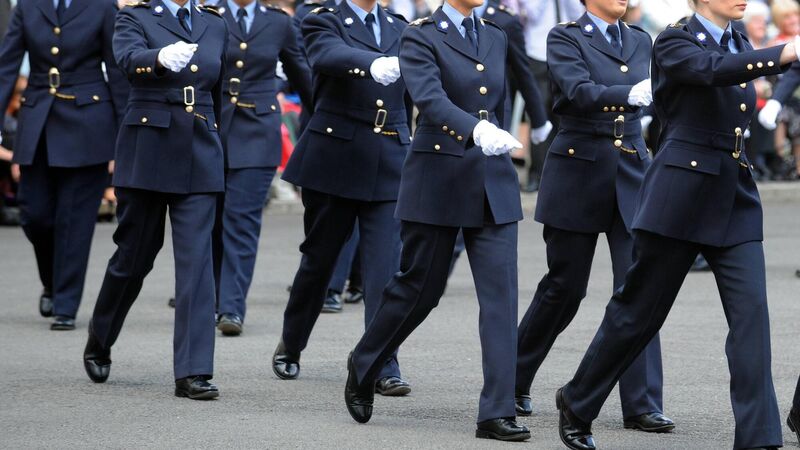An Garda Síochána to appeal ruling that found age limit for new recruits is discriminatory

The Irish Human Rights and Equality Commission has noted that the Commission on the Future of Policing in Ireland has also claimed that the maximum age limit of 35 years was “outdated and should be scrapped.” Photo: Eddie O'Hare
An Garda Síochána is to appeal a landmark ruling that it discriminated against two men whose applications to join the force were refused because they were over the 35-year age limit.
The Labour Court will hold a preliminary hearing this week of an appeal by Garda management against the finding in 2020 by the Workplace Relations Commission that they had discriminated against Brian Fitzpatrick and Ronald Boyle who had applied to become Garda recruits between 2005 and 2007.











